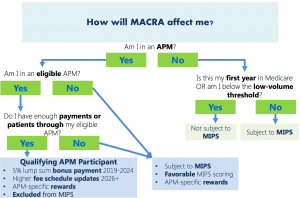 Are readmissions in or out of a hospital’s control? Who should be held accountable for the reasons why an elderly patient returns to the hospital?
Are readmissions in or out of a hospital’s control? Who should be held accountable for the reasons why an elderly patient returns to the hospital?
 Are readmissions in or out of a hospital’s control? Who should be held accountable for the reasons why an elderly patient returns to the hospital?
Are readmissions in or out of a hospital’s control? Who should be held accountable for the reasons why an elderly patient returns to the hospital?
New research now shows that non-medical factors may have a significant impact on re-hospitalization rates among seniors. Social factors, including a patient’s living situation and socioeconomic status, are now thought to influence readmission rates but are not yet taken into account by CMS when calculating penalties.
These studies found that a person’s age, race, employment status, living situation, education and income levels affected their chances of returning to the hospital again, particularly among patients with pneumonia and heart failure.
For pneumonia and heart failure patients, social factors linked to readmission include:
- Being a male
- Being of older age or elderly
- Coming from African American or Hispanic background
- Having a lower level of education
- Earning no or low Income
- Unemployment
- Status of Uunmarried
- Living alone and having a lack of social support
- Living in a rural area or living far away from a hospital
- Medicaid insurance coverage
- Engaging in risky behaviors: smoking, drug use
In light of these details linking non-medical factors to high readmissions, how do you think doctors, case managers, and discharge planners can use this information to improve follow-up strategies for high-risk patients?






